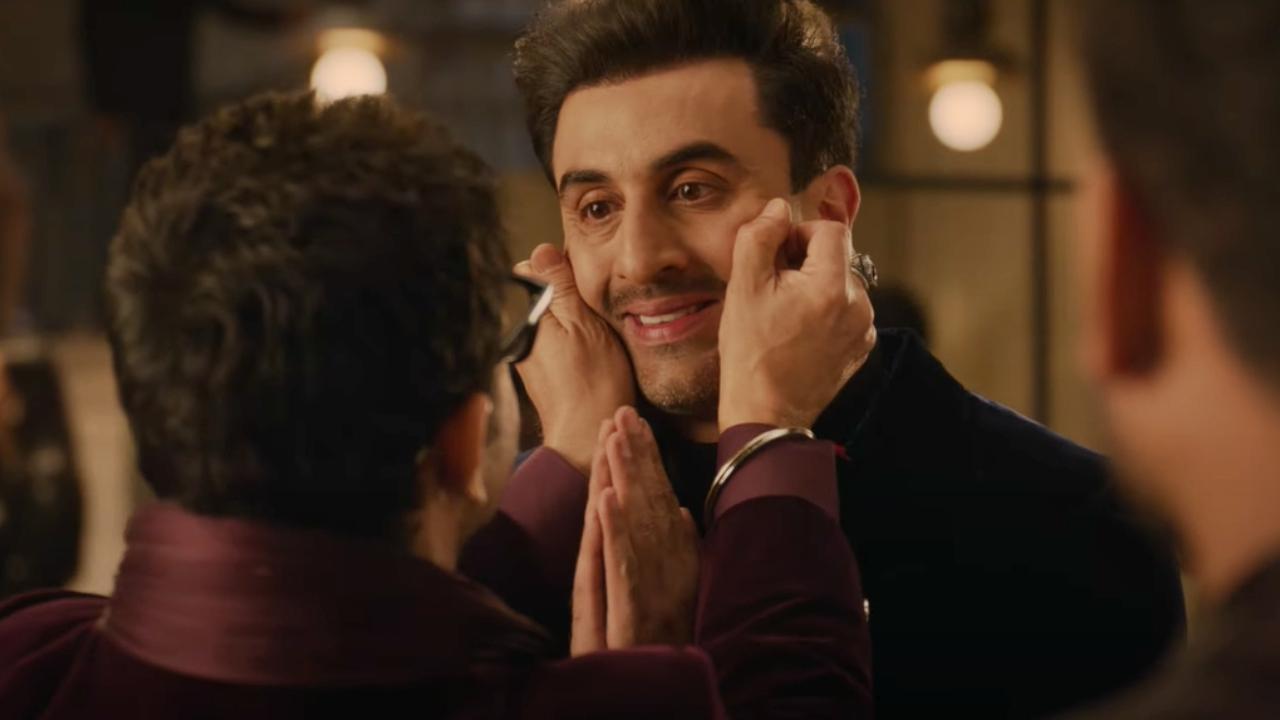
In a dramatic turn of events, the Argentinian government has sacked Julio Garro, the Undersecretary for Sports, in the wake of mounting controversy surrounding the national football team’s celebratory antics following their Copa America victory. The decision came after Garro demanded an apology from the team captain, Lionel Messi, for alleged racist chants that were reportedly made during the celebration.
The uproar began after Argentina clinched the Copa America title, a momentous occasion that was marred by controversy when a video of the team’s exuberant celebrations on a bus was shared on Instagram by team member Enzo Fernandez. The video quickly went viral, showcasing players jovially mocking French athletes with references to their African heritage.
Enzo Fernandez later took to social media to issue a public apology, stating that he had gotten “caught up in the euphoria of our celebrations” and regretted his actions. He admitted that the song included highly offensive language and recognized that there was “absolutely no excuse for these words.”
However, the apology from Fernandez did little to assuage the swelling backlash. Julio Garro, in his capacity as Undersecretary for Sports, publicly demanded that Lionel Messi, as the team captain, issue an official apology for the team’s behavior. Garro’s move, however, was met with resistance and ultimately led to his dismissal. The government deemed his actions as overstepping boundaries and creating unnecessary friction within the sporting community during a time that was meant for national celebration.
The saga opened up a floodgate of discussions across social media and within sports journalism circles, raising questions about sportsmanship, accountability, and the role of public officials in managing the behavior of national sports teams. Many were left pondering whether Garro’s dismissal was justified or if it was an attempt by the government to quickly squash the controversy to preserve the jubilant national mood following the major sports win.
While Julio Garro’s demand for Messi’s apology was intended to address the issue of offensive and racist behavior, it has sparked debate about larger systemic issues within sports culture. Critics argue that instead of punitive actions against individual players or officials, the focus should be on deeper systemic reforms and educational initiatives within sports teams to address and eradicate discriminatory attitudes.
.
On the other hand, defenders of Garro assert that his call for accountability was necessary and that his sacking sends the wrong message about holding athletes to ethical standards. They argue that the celebration was a representation of the country on an international stage, and any offensive behavior reflects poorly on the nation as a whole.
In response to the controversy, various sports bodies, including FIFA and the Confederación Sudamericana de Fútbol (CONMEBOL), have reiterated their zero-tolerance policy toward racism in football. They emphasized that instances like these must be addressed firmly to uphold the values of equality and respect within the sport.
The situation continues to evolve as key stakeholders, including Argentina’s Football Association (AFA) and national government officials, navigate the fallout. The broader implications for sports governance and the handling of inappropriate behavior by athletes remain an area under scrutiny.
In the aftermath, fans and the general public are left reflecting on the nuances of celebrating sports victories while adhering to societal norms of respect and inclusion. The episode underscores the fine line between exuberant celebrations and the necessity of maintaining decorum, highlighting the role of athletes as ambassadors of their nation.
As Argentina moves forward from this controversy, it remains to be seen how the government and sports authorities will handle similar issues in the future. Ensuring that such instances serve as teachable moments rather than just points of punitive action will be crucial for fostering a positive and inclusive sports culture.
This story has been sourced from a syndicated feed, without any edits made by Mid-day except for the headline. Mid-day accepts no responsibility or liability for the dependability, trustworthiness, reliability, and data of the text. Mid-day management reserves the right to alter, delete, or remove content at their discretion for any reason whatsoever.










